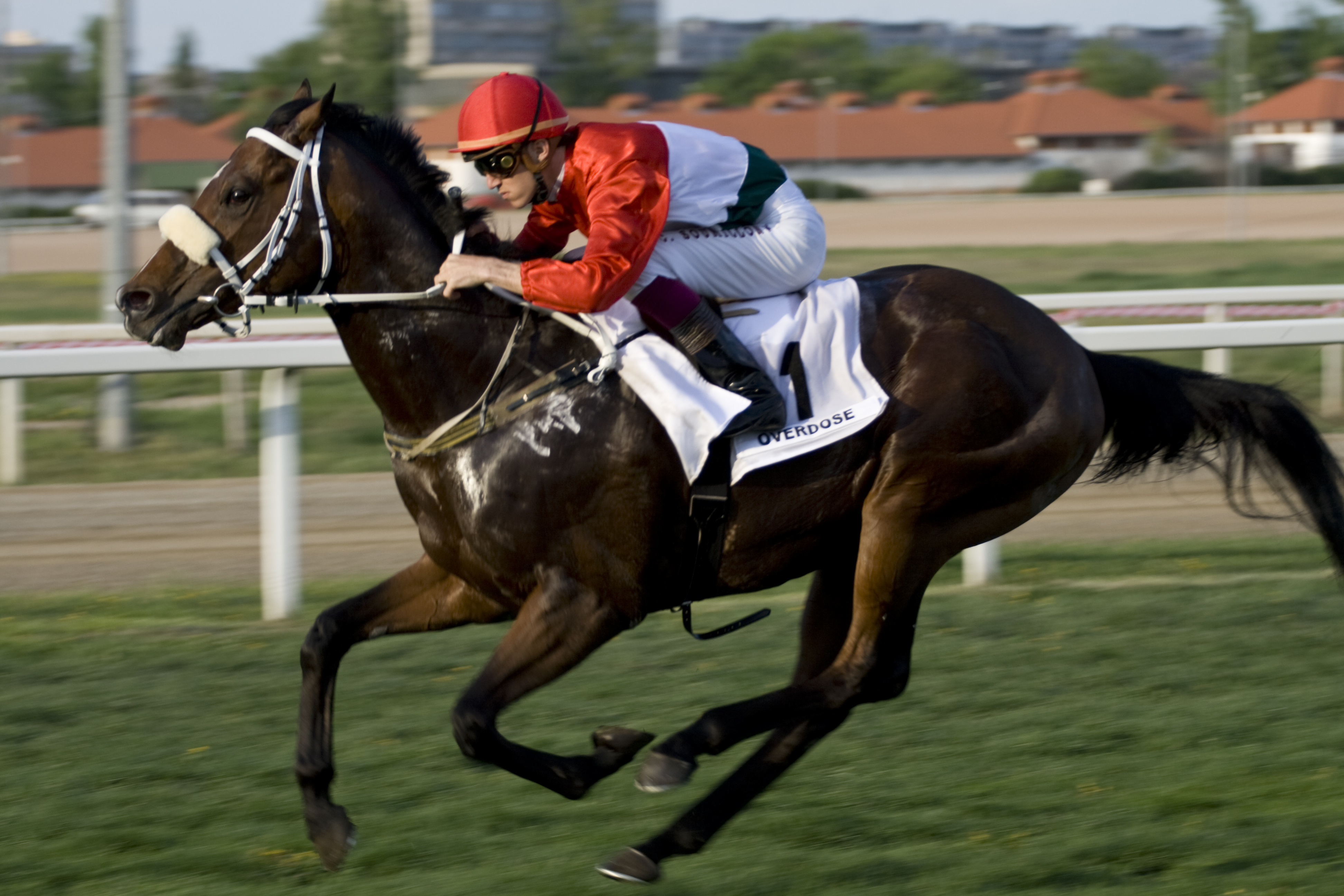Overdose: Hungary’s Seabiscuit
The Belmont Stakes is in the books, with the Joel Rosario-ridden Sir Winston having won the third contest in U.S. horse racing’s prestigious Triple Crown. Sir Winston clocked in at 2:28:30, a mere 4 seconds away from the legendary Secretariat’s record, set in 1973. Now, four seconds can be an eternity in horse racing, but this was still a fairly impressive showing to round out the spring racing season.
Elsewhere in the race there wasn’t too much drama (as we saw in the Kentucky Derby). War of Will, who had won the Preakness Stakes, finished in ninth place. Tacitus, an impressive racer tabbed by the horse-racing betting platforms as the odds-on favorite, came in second. And Joevia, whom the odds had pegged as a fairly major long shot, rounded out the top three.
With the action at Belmont Stakes now behind us though, there’s a fairly big gap in major high-stake horse races around the world. Events like Australia’s Melbourne cup are months away, and the spring races in Europe and the U.S. have all wrapped up. That makes now a bit of a down period for fans of the sport, but makes for a perfect excuse to look back on history and learn a thing or two about great race horses past. Ion this case, we’re looking back at recent history, and the career of Hungary’s own Seabiscuit: Overdose.
Overdose was a Hungarian thoroughbred, and one that captivated the entire nation, and horse racing fans around Europe.
Overdose’s ascent, which coincided with tumultuous times here in Hungary, began on June 2, 2007 with a victory in historic Kincsem Park. And that victory set off an unbeaten run of 14 consecutive races, including three more at the same famous venue.
Overdose’s success was not confined to Hungary alone though. The thoroughbred also won races in Austria, Germany, and even France (his win at Prix de l’Abbaye, however, was later declared void due to a false start). In total, the Starborough-sired thoroughbred topped 16 of his 19 races (17 of 20 if you include the voided Prix de l’Abbaye win), with several of them – notably the Pannónia Életbiztosító Díj and the Premio Carlo e Francesco Aloisi in Rome – won by more than 10 lengths. Overdose’s success in Germany, in fact, even earned him the nickname Wunderpferd, or literally, “Miracle Horse.”
The 16 wins were impressive, but it was Overdose’s performance in the King’s Stand Stakes that brought about his legendary status.
Overdose finished 4th in said race, which was held at the iconic Ascot Racecourse in England. The Hungarian thoroughbred was not a favorite entering the race, and for good reason: he had just recovered from laminitis, a painful medical condition that affects the feet of horses. Yet Overdose nearly pulled off the impossible, finishing just a length behind eventual winner Prohibit and a mere neck behind third placer Sweet Sanette.
It was a remarkable show of resiliency, a trait all sports fans treasure, and which Hungarians have shown time and again – notably during those turmoil-filled years in the late 2000s. It’s for this reason, at least in part, that Overdose became such a symbol of pride for many Hungarians – and why he has earned comparisons to Seabiscuit, who famously gave Americans something to root for and be inspired by during the United States’ Great Depression.
Overdose was retired as a race horse in 2013, and then taken to Germany as a breeding stallion.
The former symbol of Hungarian hope then battled colic, and demonstrated his trademark resiliency once more. But it was a battle Overdose could not win, and the champion finally succumbed to the disease in 2015. He was buried in Alag, near the Hungarian capital, and will always be remembered fondly.
Here’s hoping it won’t be too long before the world, or even Hungary specifically, gets another champion this inspiring.
please make a donation here
Hot news
What happened today in Hungary? — 18 April, 2024
Probe launched into suspected foreign financing attempt in Hungary
VIDEO: What’s happening in Hungary? Food delivery rider on the motorway
ESG law strengthens the competitiveness of Hungarian businesses
SHOCKING: Hungary’s guest worker numbers exposed!
According to Minister Navracsics, this one policy will be priority of Hungarian presidency – UPDATED




